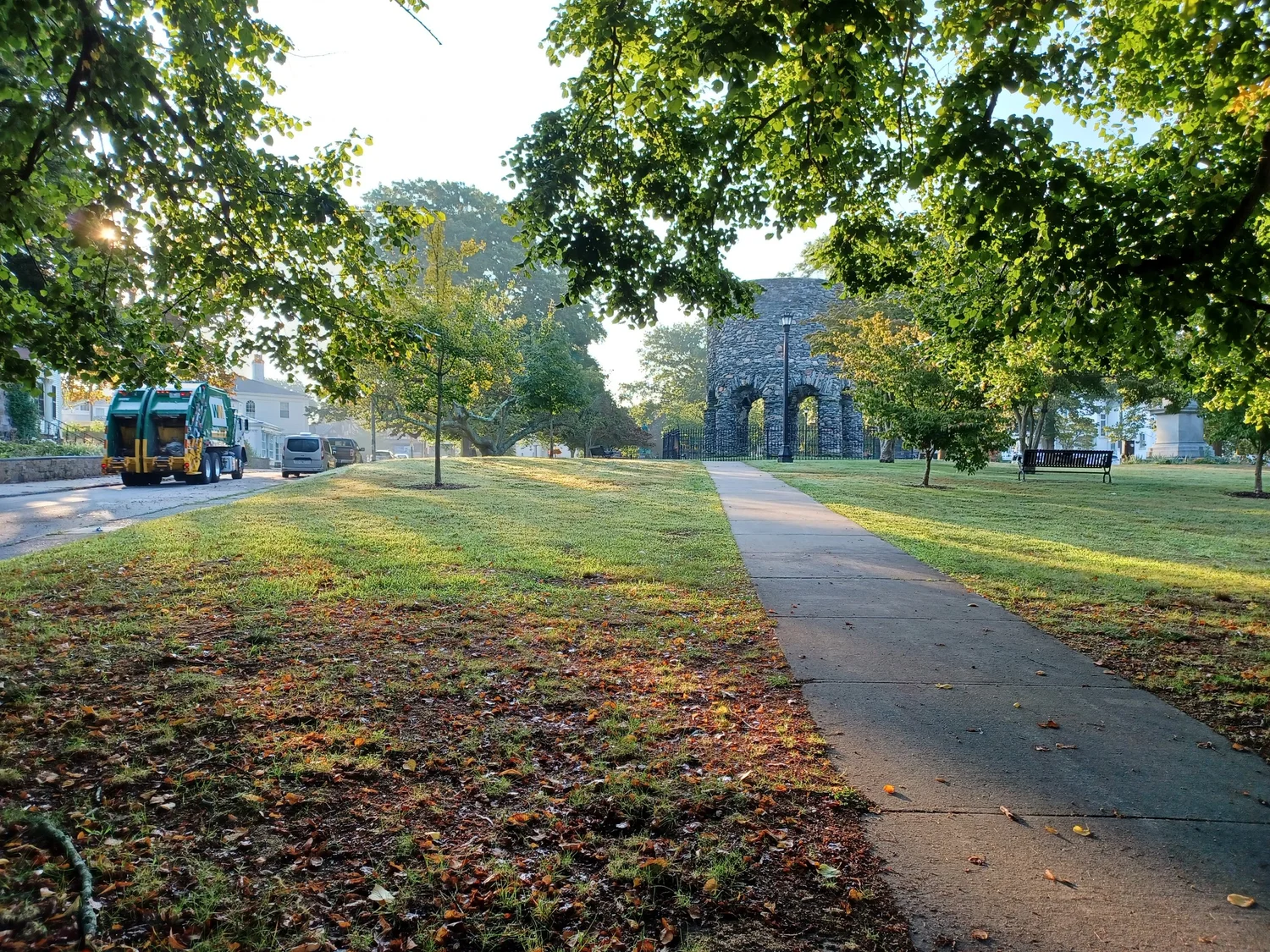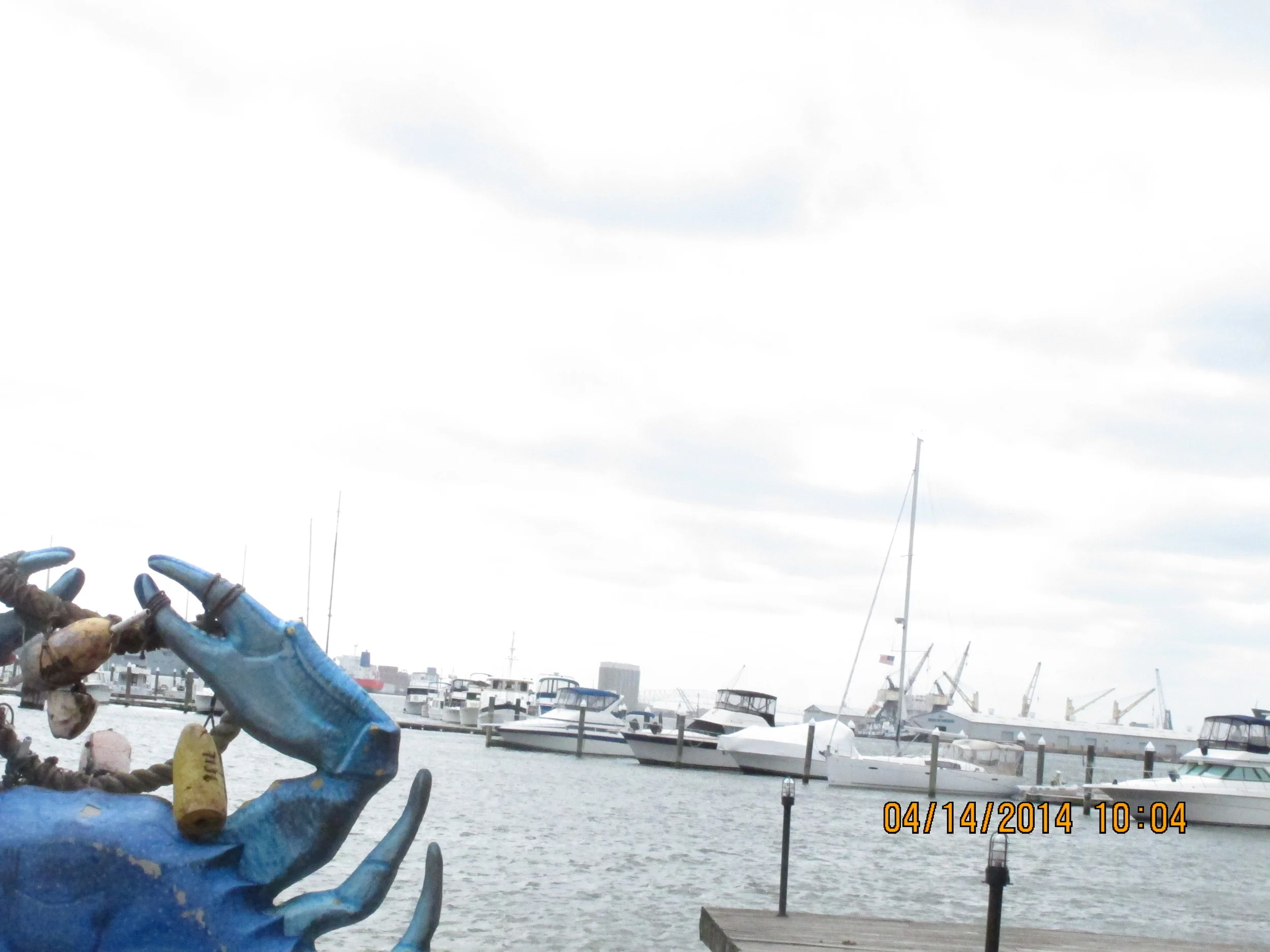It's This. It's That. And The Other Thing Is...
/Now let’s explore together how the pushmi-pullyu of peoples’ fears and designers’ skills brought us to this breach. The rivers and the oceans and the land will in our lifetimes bleed together. That will spur the rich to scramble higher and the rest to action of one kind or another. That action takes physical form as city roads and bridges and buildings and on and on, and this affects the future melting.
Take my grandfather, Phil, as an offstage prod. “Why da ya wanna study cities?” I imagine him asking. Why do we want people to know about and care about urban design? It’s a fair question, acutely so given how little Americans leaving school know about how water boils or how a bill becomes a law. And urban studies can equate to studies of cities, which can admit of reading the Instagram feed in a popular espresso bar or writing about how hard some moms in Milwaukee worked to mount a production of Godspell in a downtown park. Why do I drop terms of art and frames as if this topic earned due thought alongside organizing systems like law or engineering?
The answer is that we exist together - we bring each other into the world and sustain each others’ spirits afterward. Nothing happens alone. And the way we affect each other, in nicks and gashes and patches and resuscitations, affects the way we go forward and the way future-we affect future-everyone-else, and on and on.
And cues that lie deep in the city’s workings affect our moods and habits, as well as our worldviews and our health. We care about urban design for the same reason that we care about clothes or free speech. They imbue the way we assess and react, in ways whose lines of impression and decision blur, and if we are facing a situation that will call on more stores of calm and compassion than we tend to show -
Well, then, we should know at a scale beyond any individual body or self--selected group how to root on accommodation and principle.
And it turns out we are facing just that kind of situation, only worse.
What I really love in my veins and memories comes from what you call urbanity- the fact of complexity. I leave a school where I volunteer on a CitiBike during a brilliantly sunny spring day, I pedal south through Hudson River Park and I see an older, pearier guy in a black crewneck sweatshirt executing a perfect 90-degree leg stretch on a fence. Who is he? What time does he start work? What does he like to smell in the morning? I have no idea. Keep going, his pointed foot suggests. Some people use this park, traveling or relaxing, and others face blank walls or metal detectors.
I can’t absorb it all, not even close, but it challenges me to sort out what I do see and move through the startlement to a sense of appreciation and then a commitment to change.
It obliges me to sort it out in my head, or to contend with the dizziness. But sorting it out by boxing different experiences under different labels makes the whole deal brittle.
I have at various points stood up for energy efficiency, waved the standard for parks, stumped for green design laws. All these quicken the conversation and brighten my eyes. But what I’m coming to realize, as that guy probably finishes his third tisane or third tracheotomy or whatever he’s doing today, is that my task seems to blink in patterns I can’t always define.
Does the noisy but clear path I love persist as a luxury until we straighten out transit routes and home prices for people who just get by? Or for people who don’t? Do the cars inching down Washington Street at the end of my commute, looking like dinosaurs fighting around the pippy CitiBikes I and a stranger are navigating, lock everyone in a choking haze? Do you need to devote time and careful thought to one strand of the city life that needs straightening or tautening ? Probably if you can afford to, you need to- otherwise you end up doing a lot of riding your bike and calling it “research.”
But knowing that you love the complexity of the accidental systems as they overlay built systems can keep you moving when gravity would suggest you bog down.
The city itself, as a complex mess of systems, probably rewards creative thought from people who love it for the complexity it forces on us. And the challenge involves naming and showing systems that make kindness, cleanness and democracy govern the complex rules and conventions.
That leaves one answer: there is no one answer.

